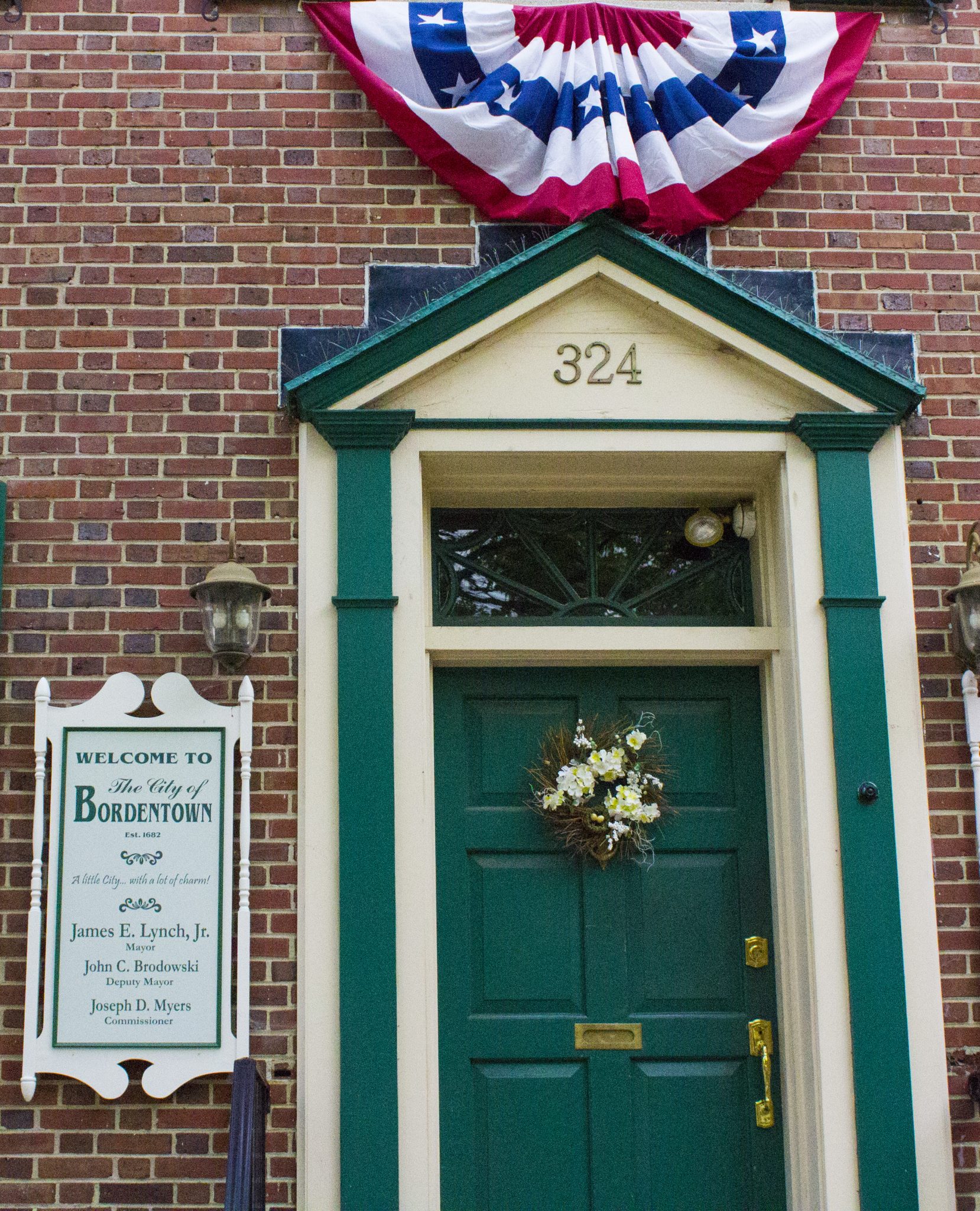Summer lull, logistical issues hamper economic-recovery efforts
By BOB HERPEN
The Sun
Now that restrictions on indoor and outdoor activities have been relaxed to their greatest extent since before COVID 16 months ago, small businesses throughout Burlington County face the prospect of holding on just a little bit longer.
They are in that less-than-sweet spot between better weather in spring, when folks ditch their cabin fever to head outdoors, and the customary summer lull that precedes a heady autumn and holiday season.
Ed McGaurn, owner of the Soup Bar on West Broad Street in Palmyra, had to overcome both personal and professional obstacles to keep his eatery viable. Months after he opened, the pandemic hit, forcing him to rely on takeout to survive. McGaurn contracted COVID in early spring and was hospitalized. He reopened in May, but soon found out that folks who ventured away from home went as far as possible.
“I got out in May,” McGaurn said on July 2. “I opened up after that. It’s been slow. It’s the summertime now. And in this area, it’s not a good time for the soup business. Anyone who felt safe enough to leave and seek refuge on vacation at the Shore or elsewhere (did so). Businesses need that bump to get them through until the fall, but it’s not there.”
McGaurn has seriously thought about cutting back his hours, but even that has proven to be a quandary. On Wednesdays, he travels to a market in Ocean City, making possible closures on the first two days of the working week a thorny proposition.
“If we’re closed Saturday, Sunday, Monday, Tuesday and Wednesday, that’s not good,” he lamented. We’re also having a hard time finding someone who wants to work on weekends.”
Finding people to man the shop isn’t as much of a concern for Navy Blue HomeGifts on the corner of Main and Mill streets in downtown Moorestown. The one room store owned and operated by Melissa McGrath specializes in interior decor and proudly proclaims 80 percent of its stock is made in the U.S.
Originally closed for six months at the outset of the pandemic, McGrath reopened last September at half the number of hours and days as before, so progress has been slow.
Since the mass vaccination effort across the region took off through the late winter and spring, McGrath said people have been flocking back to Main Street for the benefits of commerce and socialization.
“People have come back because they are anxious to be out and about again,” she noted. “The weather turned nice, they were eating out more on Main Street, and there’s a lot more foot traffic.
“I think people are looking forward to seeing friends again, stopping in to say hi, and shop more.”
But the issues that hamper McGrath’s rebound are more external and logistical. She revealed how much of a problem it has become to receive products, due to mailing and shipping delays. Companies on which she relies to do the heavy lifting and deliver her wares are facing employee shortfalls, so there are fewer hands to transfer shipments from warehouse to truck, or fewer drivers to haul the product from a distribution center to her front door.
But McGrath is beginning to see business come back to near pre-COVID levels, and she’s optimistic about the last half of the year.
“August traditionally in town is very slow,” she said. “Folks are always off to the Shore, but it’s happening a bit earlier this year. To make up for not having vacation, they’re going earlier or staying longer. In September, I believe it will pick up.”
Georgetti’s Pasta & Sauce on Cinnaminson Avenue in Cinnaminson had to contend with a twofold issue — how to keep both in-store and catering services functioning while Gov. Phil Murphy’s restrictions on indoor and outdoor gatherings were constantly in flux.
“As things loosened up and smaller events were allowed, people ordered accordingly and we were able to accommodate,” noted store owner Michael Georgetti. “The people making out well are those who (cater) weddings, because of the postponements from last year.”
More than 50 percent of Georgetti’s business is geared toward supplying food for major life milestones, and after staying indoors for so long, he discovered people are itching to go out instead of holding small, catered gatherings.
“When it came to holding graduation parties, Communions, the numbers were lower than what usually happened before COVID,” he added.
As with McGaurn and McGrath, Georgetti knows to write off the warmer months, with a
a slow-down expected from May through August. As a point of pride, he explained how, even through the slowdowns of last year and the slow summer this year, he not only retained his workers, but was also able to keep paying them.
“I felt a responsibility for them,” he offered.
Nonetheless, Georgetti is still fretting over the vagaries of the supply chain and people’s habits. With the cost of goods already rising and a continuing worker shortage, he expects a slow-down to have an effect long after the summer’s over. Looking at the longer term, though, he sees more promise.
“I think little by little things will get back to where it was, as long as there’s no other major setback,” Georgetti acknowledged. “Restaurants are reaping the benefit of surviving this long, and we can do the same.”

